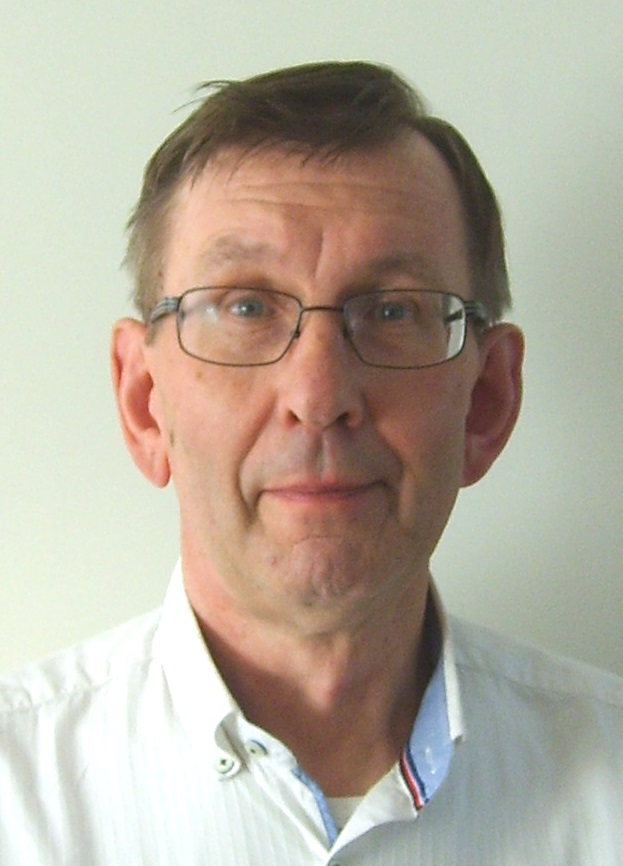NextGen spoke to a number of thought leaders and innovators at Water Innovation Europe 2019 about the circular economy and intricacies of the water-energy nexus.
Moderating a panel was Floor Brouwer – Water Europe Working Group Leader on the Water-Energy Food Biodiversity Nexus, and Environmental Economist working at Wageningen Economic Research (Wageningen UR). We caught up with him after panel discussions and here’s what he had to say…
NextGen: You have been talking about the water – energy nexus today, what do you mean by that exactly?
During the panel session and throughout the day at Water Innovation Europe, we have been speaking about the “nexus”. It’s a kind of catchy word. But the concept is not completely new. Many people speak about interfaces and linkages to increase understanding and progress. That is the science and the evidence we need, to try and improve energy production and manage water supplies, by better linking with other sectors.
Society needs us urgently to make these links explicit. The expectations and demand to do so are there. Water use is going to increase in the coming decades, worldwide, and energy demand will also multiply with it.
NextGen: When we talk about water and energy what do you think the big challenges for the sector are?
Provision of water and energy services requires a lot of collaboration, networking, and cooperation. In these fields, society immediately starts looking towards the public sector and government for leaderships – for rules, subsidies and quality governance. That is important in a modern society. But at the end of the day, it is also about human behaviour and the ability of the business sector to respond and to act to meet our needs. There are many innovations in the business sector to prepare for a low carbon economy and a circular economy that can be leveraged more effectively.
Concerning broader challenges, today we have not even spoken about food. As energy and water demand increase, we are also facing a further increase in global population; and more people on the planet tends to imply more food. In the coming decades, the need to feed ourselves will have a tremendous implication for society, including water and energy.
NextGen: Taking the food sector as an example then, can we make better use of resources and integrate a circular economy approach?
About a century ago, food production by farmers was an integrated way of daily life. We spent so much time on producing food during the 19th century. Lucky us, that is not necessary anymore. We can produce enough food with a relatively small number of farmers. If you focus on the circular economy, you try to recycle, to optimize waste streams. I think in a true circular economy we shouldn’t even speak about the waste. And I guess farmers are ready, and many of them in Europe are ready to contribute to that. Farmers need both energy and water in large amounts, and they are a very important actor in this nexus.
NextGen: And with regard to these challenges, is there a policy or technology measure that has caught your eye lately or you think would be particularly promising for the future?
There were some comments this morning that the technologies are available. That is a good signal, even if tomorrow we may argue that some new technologies are still needed. But paramount is collaboration between the public and private sector… to align, not to work against each other. Successful public-private partnerships can help us address challenges to society and manage future water demand and energy security better.
We have formalised our overall objectives for such collaborations to achieve through the UN Sustainable Development Goals and Agenda 2030. The World has a duty. I think Europe is ready to respond to it. Many Member States in Europe are ready to contribute. And every contribution is needed. Including from individual people – the consumers and inhabitants of Europe – like you and me, to participate in that action.
NextGen: Dr. Brouwer, thank you for your time and insights with us.
